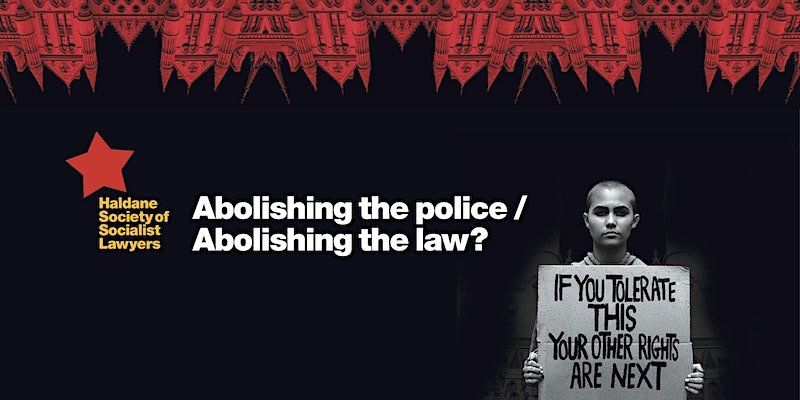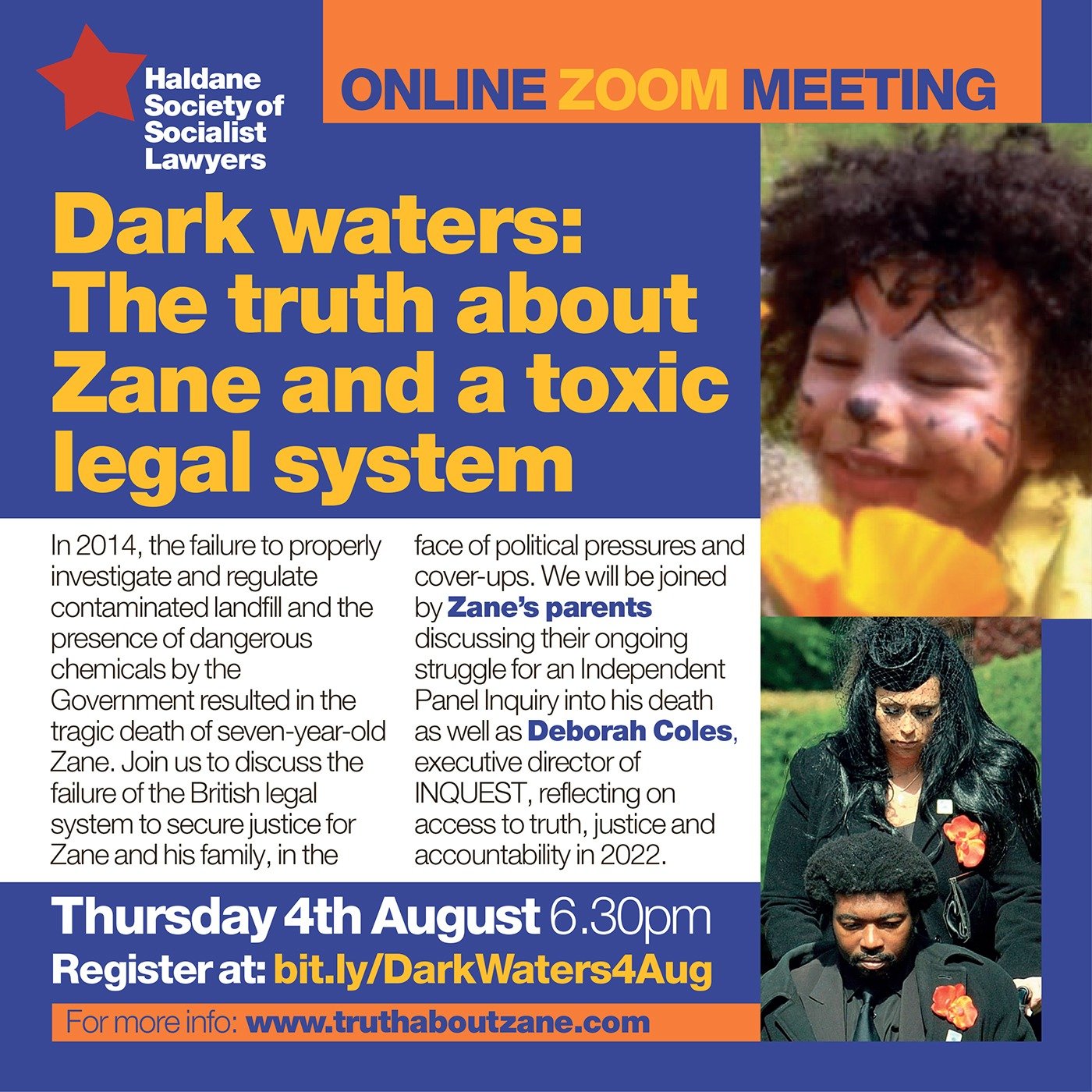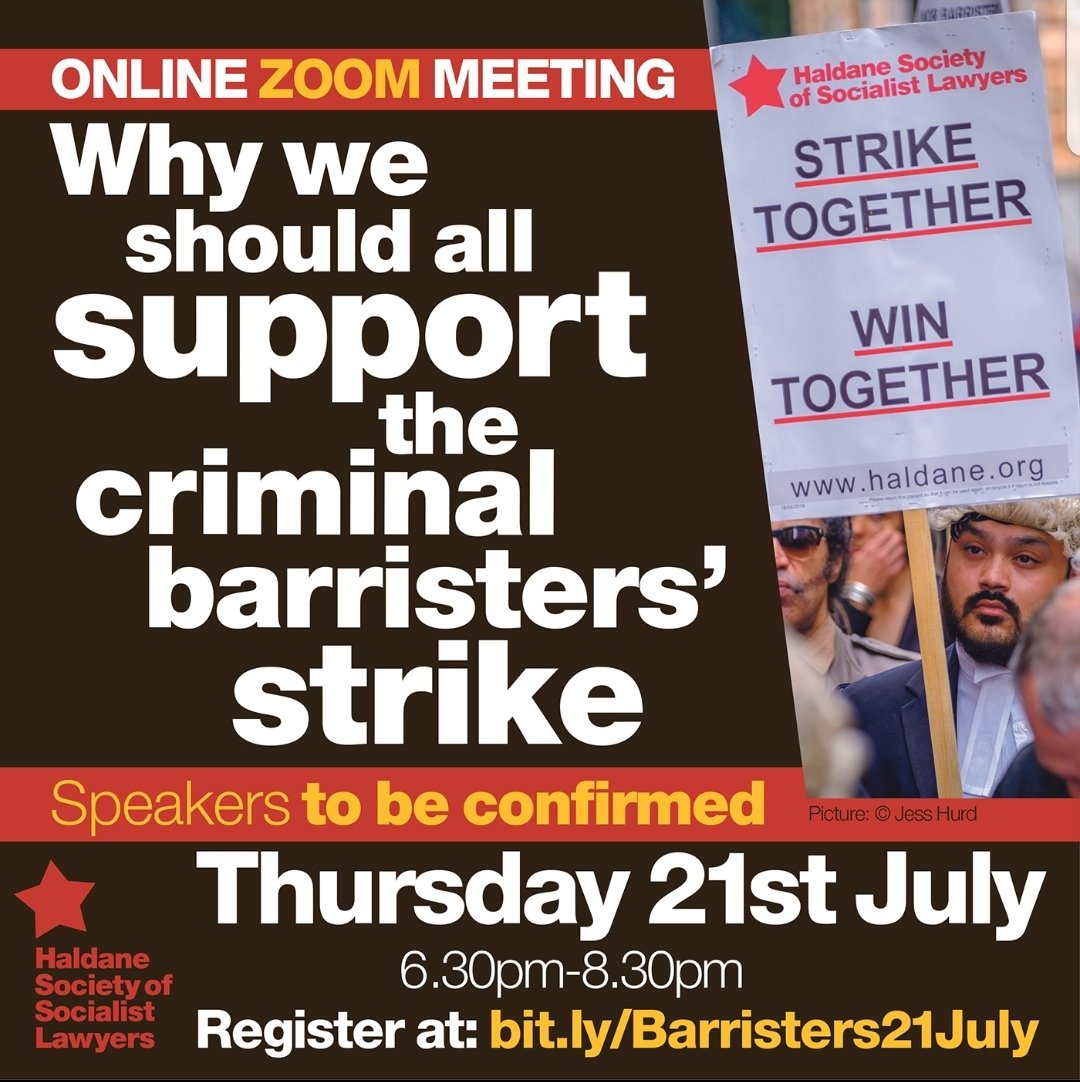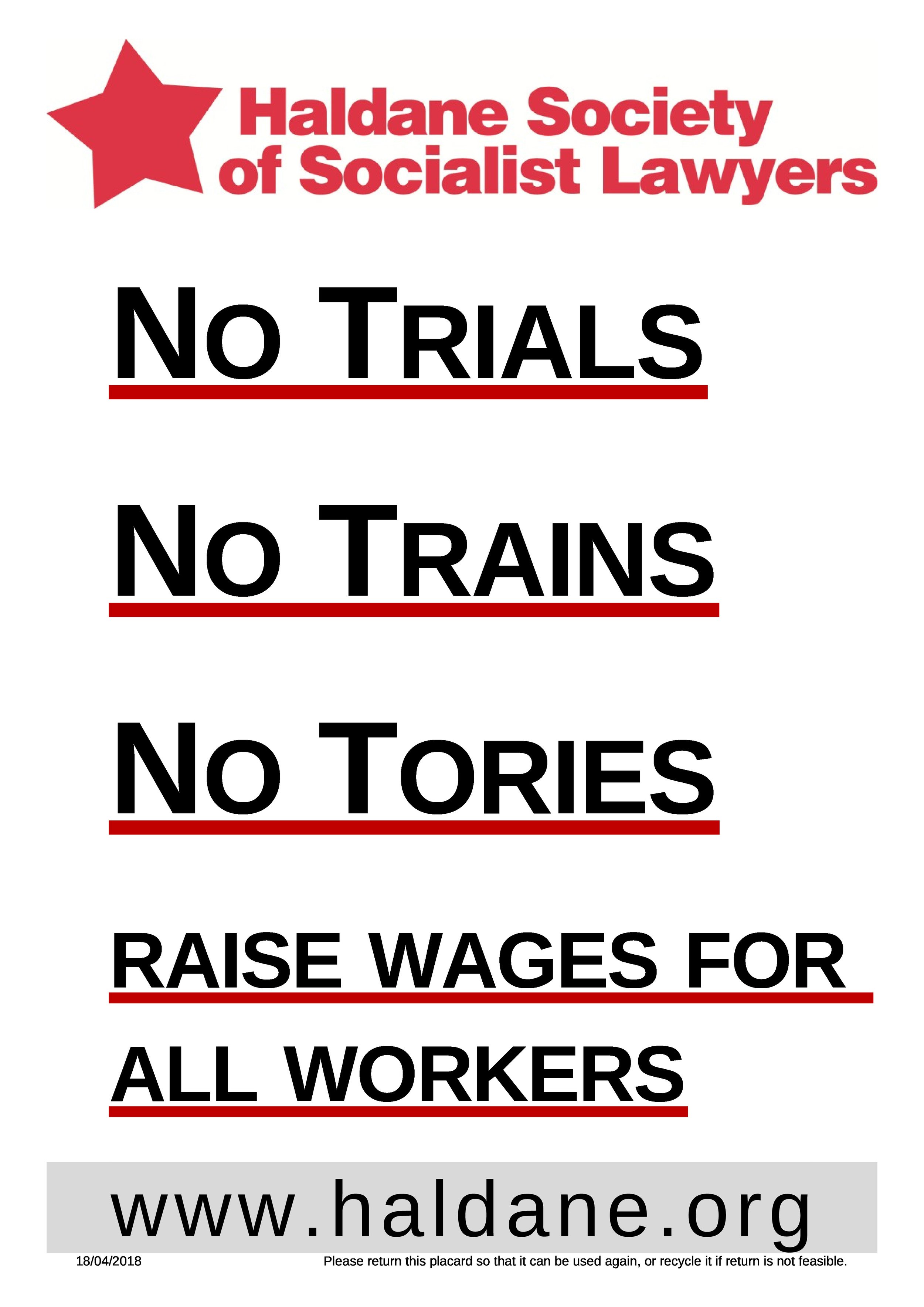Statement on raid of Palestinian NGOs
/The Haldane Society of Socialist Lawyers unequivocally condemns the latest assault on Palestinian civil society by the Israeli Defence Forces (IDF) directed by Benny Gantz, Defence Minister for the Israeli Government.
On 18 August 2022, six prominent Palestinian NGOs based in the West Bank – Al-Haq, Addameer, Bisan Center, Defense for Children International-Palestine (DCI-P), the Union of Agricultural Works Committees (UAWC), and the Union of Palestinian Women’s Committees (UPWC) – had their offices raided by the IDF, with files and equipment being seized in the process and their doors welded shut. At the entrance of each office, military orders were left declaring that the organisations were illegal. This follows the six NGOs being proscribed as ‘terrorist organisations’ last October, a move which has been condemned by the European Union, Amnesty and Oxfam amongst other international civil society organisations and NGOs. In April, the United Nations condemned the move, saying the designations were ‘not accompanied by any public and credible evidence’.
In a press conference following the raid, Al-Haq’s director, Shawan Jabarin said that the NGOs will ‘continue our work defending justice and international law.’ It is clear that the Israeli clampdown on Palestinian civil society is an attempt to repress organisations that document human rights abuses and use the framework of international law in order to hold the Israeli state to account. Michael Sfard, lawyer for some of the designated groups, said that the attacks were motivated ‘out of a desire to frustrate the International Criminal Court proceedings’ which Israel has continued to not cooperate with. The last 12 months has seen increased pressure on the six NGOs, including intimidation against staff, judicial harassment and travel bans.
The Haldane Society of Socialist Lawyers condemns these attacks against human rights defenders and civil society organisations at the hands of the Israeli Government. The Haldane Society stands in solidarity with our colleagues across Historic Palestine who face intimidation and threats to their lives for documenting human rights abuses and providing crucial legal support to those who face the brunt of Israeli state violence.
- Haldane calls for Israel to rescind the decision to designate the six NGOs as ‘terrorist organisations’ and to cancel the military orders, in order to allow Palestinian human rights defenders to continue doing the vital work they do;
- Haldane calls on other international civil society organisations to counter these sustained attacks on Palestinian civil society by refusing to recognise these malicious designations, and to continue funding their crucial work;
- Haldane continues to insist that all European states are under an obligation to do everything in their power to bring to an end the illegality and oppression of Israel’s continued occupation since 1967, which is the root cause of the current violence;
- Haldane urges all European states to give the maximum support to the ICC and its new Prosecutor in carrying out their investigation without hindrance, in particular Israel, which has effectively declared war on the ICC.









